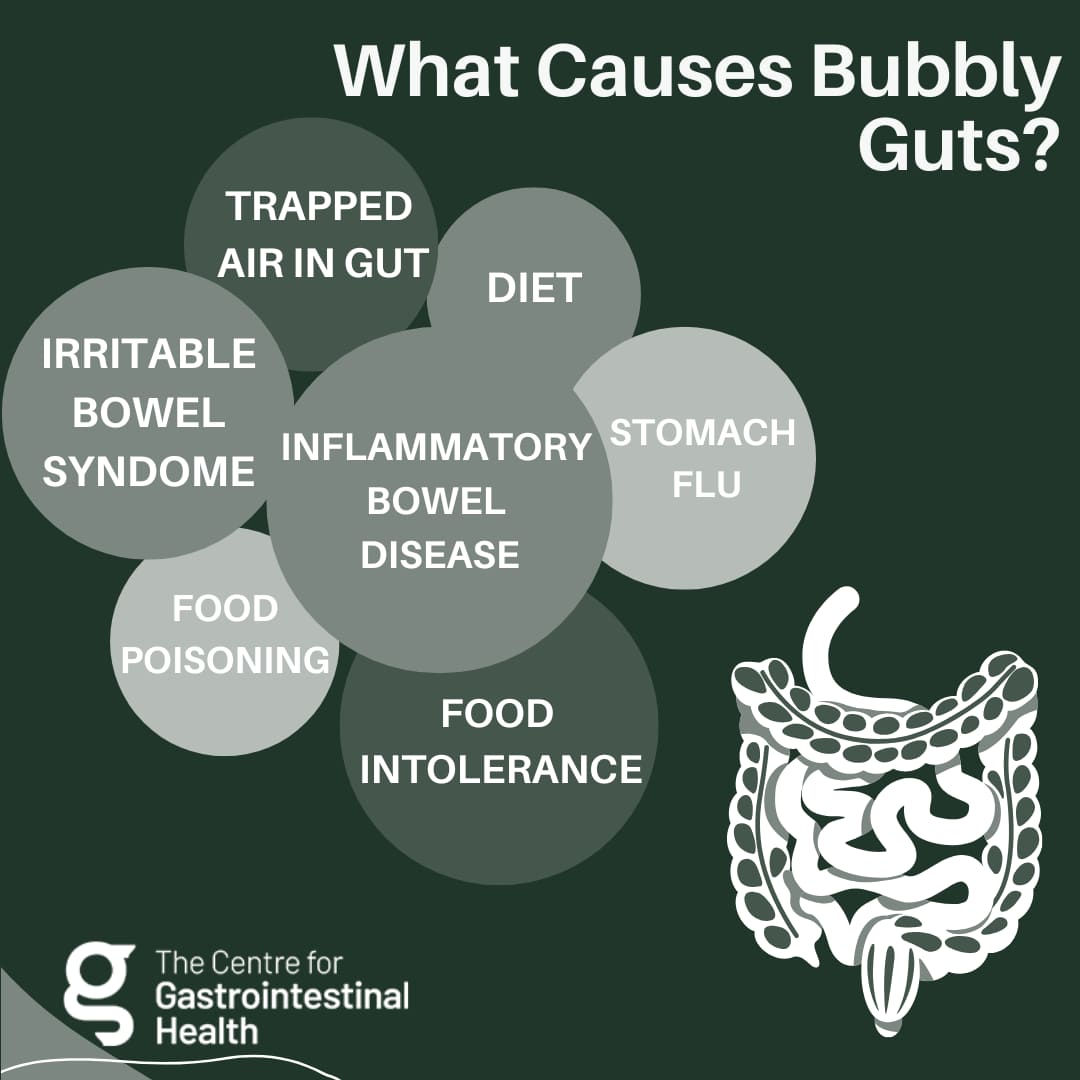

The exact cause of irritable bowel syndrome (IBS) is unknown, but most experts think that it's related to problems with digestion and increased sensitivity of the gut.

These symptoms can sometimes be a sign of a potentially more serious condition. bleeding from your bottom or signs of anaemia.a swelling or lump in your stomach or bottom.You should see your GP right away if you have other symptoms including: Your GP may be able to identify IBS based on your symptoms, although blood tests may be needed to rule out other conditions. You should see your GP if you think you have IBS symptoms, so they can try to find out the cause. Your GP will be able to recommend treatment. Medication is sometimes prescribed for people with IBS to treat the individual symptoms they experience. identify and avoid foods or drinks that trigger your symptoms.There is no cure for IBS, but the symptoms can often be managed by making changes to your diet and lifestyle. As a result, many people with the condition may have feelings of depression and anxiety. The symptoms of IBS can also have a significant impact on a person's day-to-day life. incontinence (an inability to control bowel movements, resulting in involuntary soiling).bladder problems (such as needing to wake up to urinate at night, experiencing an urgent need to urinate and difficulty fully emptying the bladder).a feeling that you have not fully emptied your bowels after going to the toiletĪs well as the main symptoms described above, some people with IBS experience a number of other problems.occasionally experiencing an urgent need to go to the toilet.a change in your bowel habits – such as diarrhoea, constipation, or sometimes both.abdominal (stomach) pain and cramping, which may be relieved by a bowel movement (having a poo).After this time, the symptoms usually improve, but may not disappear completely. Most people have flare-ups of symptoms that last a few days. The symptoms of IBS are usually worse after eating and tend to come and go in episodes. Around twice as many women are affected as men. The symptoms vary between individuals and affect some people more severely than others. It can cause bouts of stomach cramps, bloating, diarrhoea and/or constipation. Irritable bowel syndrome (IBS) is a common, long-term condition of the digestive system. “Carbohydrate Loading-a Review.” Journal of the American Dietetic Association, U.S. “Dietary Fiber and the Human Gut Microbiota: Application of Evidence Mapping Methodology.” Nutrients, MDPI, 10 Feb. “Exercise-Induced Stress Behavior, Gut-Microbiota-Brain Axis and Diet: A Systematic Review for Athletes.” Journal of the International Society of Sports Nutrition, BioMed Central, 24 Nov. “Carbohydrate Exerts a Mild Influence on Fluid Retention Following Exercise-Induced Dehydration.” Journal of Applied Physiology (Bethesda, Md. CA, Osterberg KL Pallardy SE Johnson RJ Horswill.

Neri M Bello S Bonsignore A Cantatore S Riezzo I Turillazzi E Fineschi V “Anabolic Androgenic Steroids Abuse and Liver Toxicity.” Mini Reviews in Medicinal Chemistry, U.S.“Insulin Stacking versus Therapeutic Accumulation: Understanding the Differences.” Endocrine Practice : Official Journal of the American College of Endocrinology and the American Association of Clinical Endocrinologists, U.S. Try a legal steroid alternative such as D-Bal Max References


 0 kommentar(er)
0 kommentar(er)
